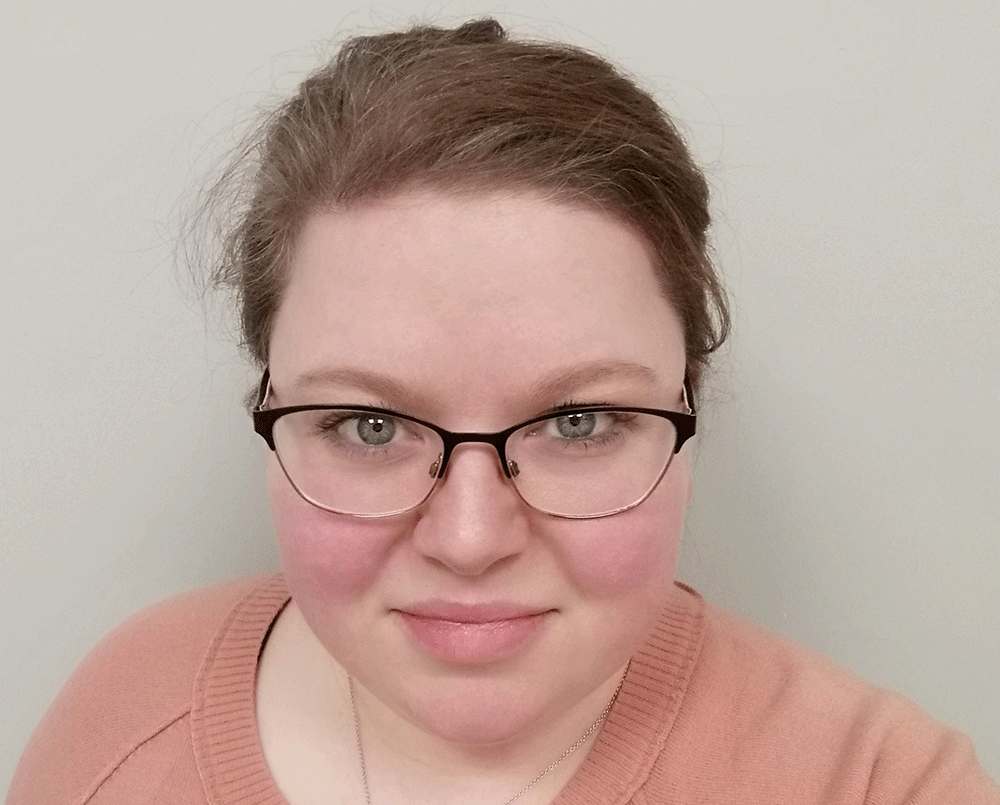
Louise Courtney: Trusting Your Gut and Answering the Drip
Have you ever noticed something—a comment, a glance, or an action—that left you unsettled? Maybe it wasn’t overtly wrong, and if you told someone else, they might not understand why it bothered you. Even so, you felt it—that discomfort in your gut, telling you something wasn’t quite right.
This is where being an Active Bystander matters. It’s about noticing those moments and choosing to act in ways that feel manageable. You don’t have to make a scene or confront anyone aggressively. It’s often the small, thoughtful actions that make the biggest difference—trusting your instincts and taking steps to check in, clarify, or redirect before things escalate.
It’s easy to brush off those feelings. You might think, “It’s probably just me,” or, “It’s not worth making a fuss.” However, if something felt wrong to you, trust yourself. Maybe it was subtle—tone, intention, or context—but your instincts are worth listening to. A simple, “I didn’t quite understand what you meant by that,” or, “Are you okay?” can open a dialogue without creating unnecessary conflict. If it turns out to be nothing, that’s fine. If your instincts were right, though, your small action could prevent the moment from becoming something bigger.
Many people hesitate because they worry about misreading the situation. You might wonder, “What if I get someone into trouble when they didn’t mean anything by it?” Acting doesn’t have to be about blame or punishment—it’s about curiosity, care, and clarity. Asking a question or offering support doesn’t accuse anyone of wrongdoing. Instead, it says, “I noticed this, and I want to check in.” There’s no harm in that, but it can have a significant impact if something was wrong.
Sometimes, the person involved might say, “It’s not a big deal.” That can feel like a dead end, but it doesn’t have to be. People process situations differently. They might genuinely feel fine, or they might downplay it to avoid conflict or attention. Just because they say it’s nothing doesn’t mean it wasn’t harmful. If it mattered to you—if it felt off—then it’s worth acknowledging. Ignoring it only lets it slide, and those small moments can build up over time.
Think of it like a dripping tap. At first, it’s just a minor annoyance—one drop here, another there. You notice it but think, “The next person will call the facilities team.” The next person thinks the same, and so does the next. Eventually, the sink starts to overflow, and people assume someone else has dealt with it. When the floodwaters rise, everyone walks past thinking, “This is too big now—surely someone’s already called for help.” The drip becomes a flood simply because no one acted on the small thing.
Small moments of harm work the same way. A comment, a tone, or an exclusion might seem minor, but those drips add up. By trusting your gut and addressing the small things, you can stop the flood before it begins.
Being an Active Bystander isn’t about perfection. It’s about small actions—a question, a check-in, or a quiet nudge—that show you noticed and care. If you’re unsure, you don’t have to act alone. Talk to a friend, a colleague, or a team member. Together, you can figure out the best way forward.
Every small action—a word, a moment, a ripple—helps create a culture where harm doesn’t go unnoticed, and floods are prevented. The next time your gut tells you something’s off, don’t ignore it. You don’t have to act perfectly, and you don’t have to act alone. Even the smallest ripple can make all the difference.






0 Comments